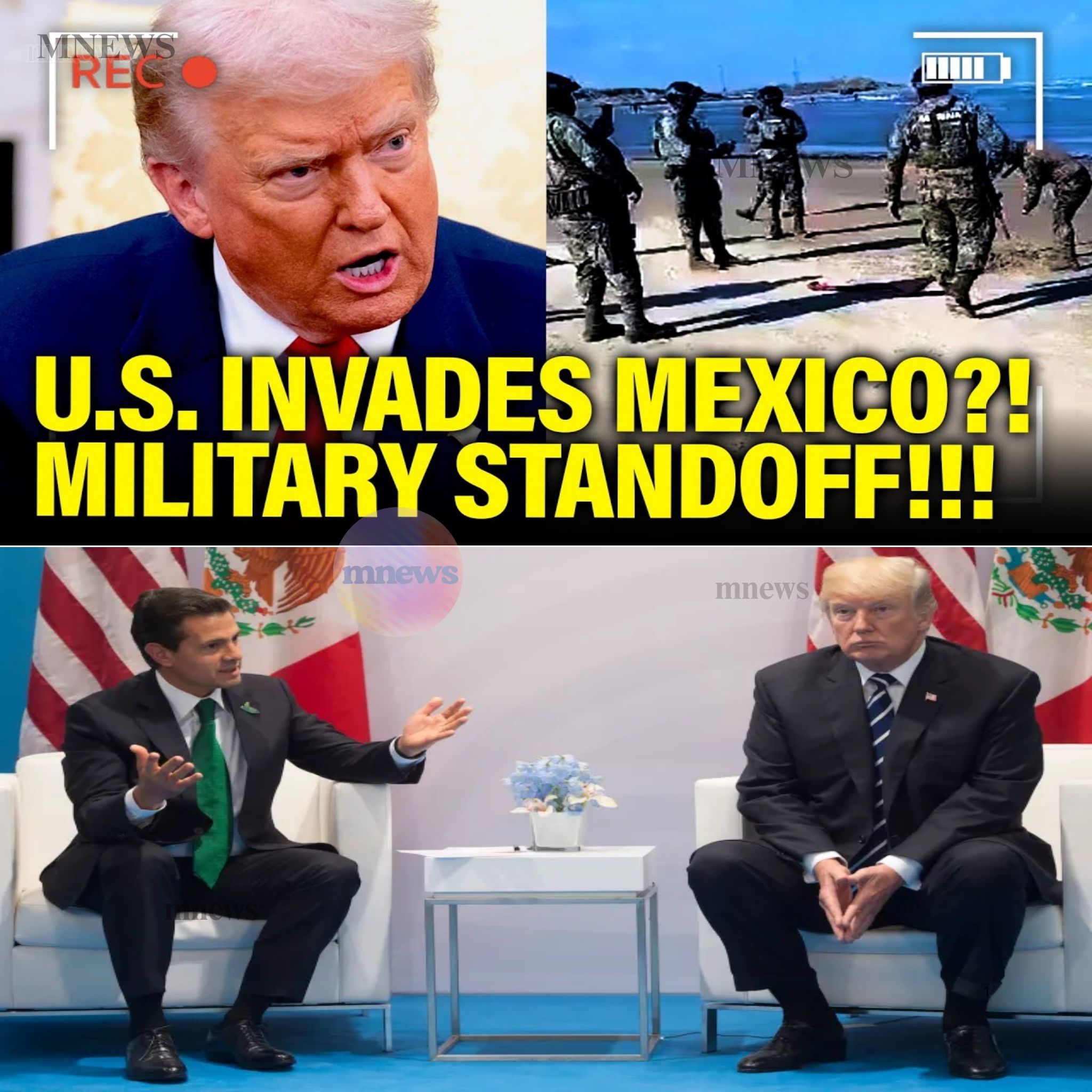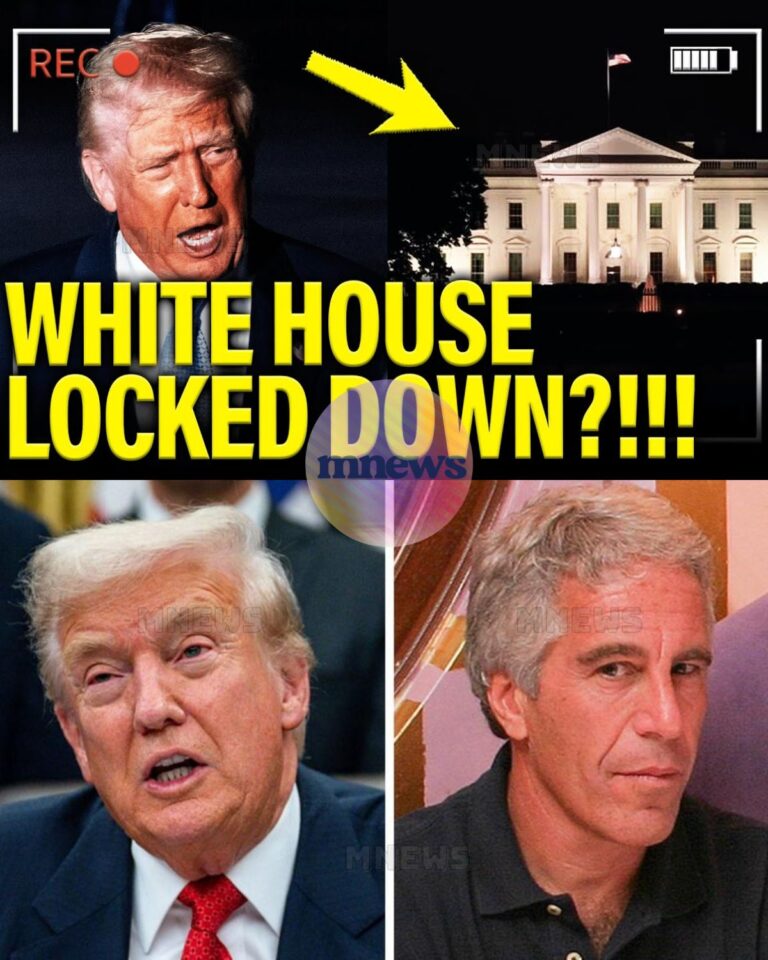Tensions between the United States and Mexico have escalated dramatically following President Donald Trump’s controversial remarks about potential military action inside Mexican territory to combat drug trafficking. Just a day after these statements, alarming reports emerged of U.S. contractors placing unauthorized warning signs in a Mexican area known as Playa Baghdad, declaring it as Department of Defense property. This provocative action has sparked outrage in Mexico and raised concerns about sovereignty and international relations.

The signs, which claimed the area was restricted and warned of potential detention for unauthorized entry, were reportedly removed by Mexican Marines shortly after their installation. This incident highlights a troubling trend of U.S. military rhetoric and actions that may infringe on Mexican sovereignty. The Mexican government, led by President Claudia Sheinbaum, firmly rejected any notion of U.S. intervention on its soil, emphasizing that such actions would not be tolerated.
Trump’s comments, which included the possibility of launching strikes in Mexico, have drawn sharp criticism from lawmakers and military veterans in the U.S. who argue that these statements undermine the integrity of the military and the Constitution. A group of Democratic lawmakers, all veterans themselves, issued a statement urging military personnel to resist illegal orders, a direct response to Trump’s incendiary rhetoric. They expressed concern over the potential for political violence and the erosion of trust between the military and American citizens.

The Pentagon confirmed that the signs were placed to mark a National Defense Area, attributing the unusual situation to shifting river boundaries and topography. However, experts like Professor Jeffrey Korn from Texas Tech School of Law have raised serious questions about the legality and appropriateness of such actions on foreign soil, emphasizing that these signs should never have been placed in Mexico.
As the situation unfolds, it raises significant questions about U.S.-Mexico relations, the potential for diplomatic fallout, and the implications of militaristic rhetoric in domestic politics. The incident serves as a stark reminder of the fragile nature of international relations and the potential consequences of unilateral actions taken without regard for established treaties and sovereignty. With both nations on high alert, the world watches closely to see how this diplomatic crisis will resolve.





